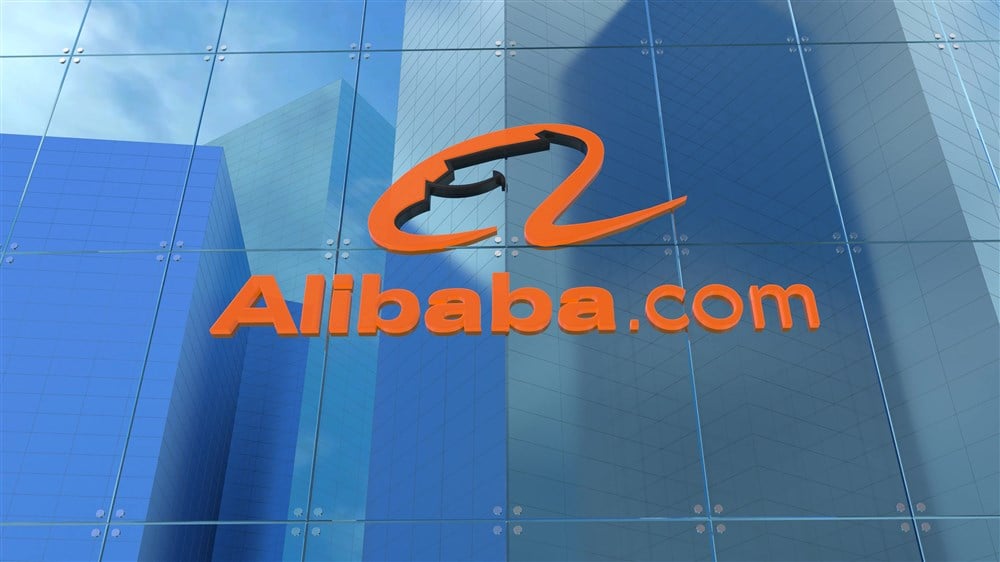
Many consider Goldman Sachs (NYSE: GS) as one of the 'masters of the universe' when it comes to investment strategy and decisions. Fortunately for the rest of the world, these geniuses are - sometimes - generous enough to accumulate some goodwill with the public.
The bank's 'conviction list,' otherwise known as a list of companies that the firm is already - or looking to - turn bullish towards, has added a few names this time around, one of which may surprise you given what is going on around the world.
Despite all the bearish chatter around Chinese investments, Wall Street's best minds are still bold enough to announce their optimistic view on a few select firms, particularly one mega mind that built the world's largest hedge fund... But more on that later.
Alibaba Comes Back Around
One stock is being hit like no other in this bearish sentiment round for China. This is despite the company having leading financial metrics and one of the shortest bridges to achieve a 'blue ocean' monopoly.
Shares of Alibaba (NYSE: BABA) reached a high of $319.30 in 2020; today, they trade at a fraction of that high. Hovering near their 52-week low prices, the stock can be found for just over $80 a share. However, the real story lies in what's ahead for this company.
If you were to pull out any name from a list of Chinese stocks, you would want to keep drawing until you picked Alibaba. As much as it might be a dream to have it all to yourself, you need to share it with none other than Ray Dalio.
That's right, the former founder and CEO of Bridgewater Associates played a hand in Alibaba. After placing a decent chunk of capital into the iShares MSCI China ETF (NASDAQ: MCHI), whose second largest holding is - you guessed it - Alibaba.
The view is probably that there is so much upside in the Chinese market that he couldn't just pick one. However, considering Alibaba's top position in the fund, you can reasonably assume being exposed to this company was on his checklist.
What may Dalio and Goldman's analysts have seen in this company to decide to buy it despite all of the 'uninvestable' characteristics being thrown around Chinese equities? Well, if you are familiar with good old value investing, it will be evident to you shortly.
Head and Shoulders Above
Alibaba stock has underperformed the China ETF this quarter by as much as 3.0%. However, the market's pricing model may have something else to say about the actual value of this stock relative to peers.
Comparing Alibaba to its closest competitor in the nation, JD.com (NASDAQ: JD), you can debunk where the market is valuing the future of these two. Using the forward price-to-earnings ratio, which seeks to love the next twelve months of earnings in stock, the market subtly votes on its perception of quality and growth.
Like any other product or service, you would not want to go with the 'cheapest' heart surgeon in case of an emergency, would you? So why would you choose the cheapest stock alternative and pick up something nobody else seems to want?
Alibaba trades at a 9.3x forward P/E, which is 16.3% above JD.com's 8.0x multiple, building the first pillar of favoritism within the group of Chinese stocks.
How about overseas? You must be flexible enough to turn the above thesis on its head and find out if you can profit from Alibaba being significantly cheaper than Amazon.com (NASDAQ: AMZN) and its 41.6x forward P/E.
Only one thing can overturn the decision to pick up the cheaper alternative in this case, and that is a good understanding of profitability. Beginning with margins, Amazon showcases a net margin of 3.6%, which seems thin next to Alibaba's 9.4%.
This superior profitability could be passed down to you, a potential shareholder, in the sense of ROIC (return on invested capital). Amazon management generates a return of 5.0% on its capital, while Alibaba boasts a 10-15%; no wonder management is buying back shares so aggressively.
Roughly 100 million shares have been repurchased during 2023 alone, with more buying behind it for 2024. Analysts see a net upside of 66.0% from today's prices. This, of course, does not consider the value that will be unlocked once the company takes on its spin-off initiative.
If you have any doubts, just think about this one for a second... The stock is trading below its IPO price of $92.70 a share from 2014. Back then, a good quarter of earnings represented roughly $0.60 EPS.
Today, a good quarter is more like $1.60, yet the stock is below those valuations? It's time to take advantage of the disconnect.




